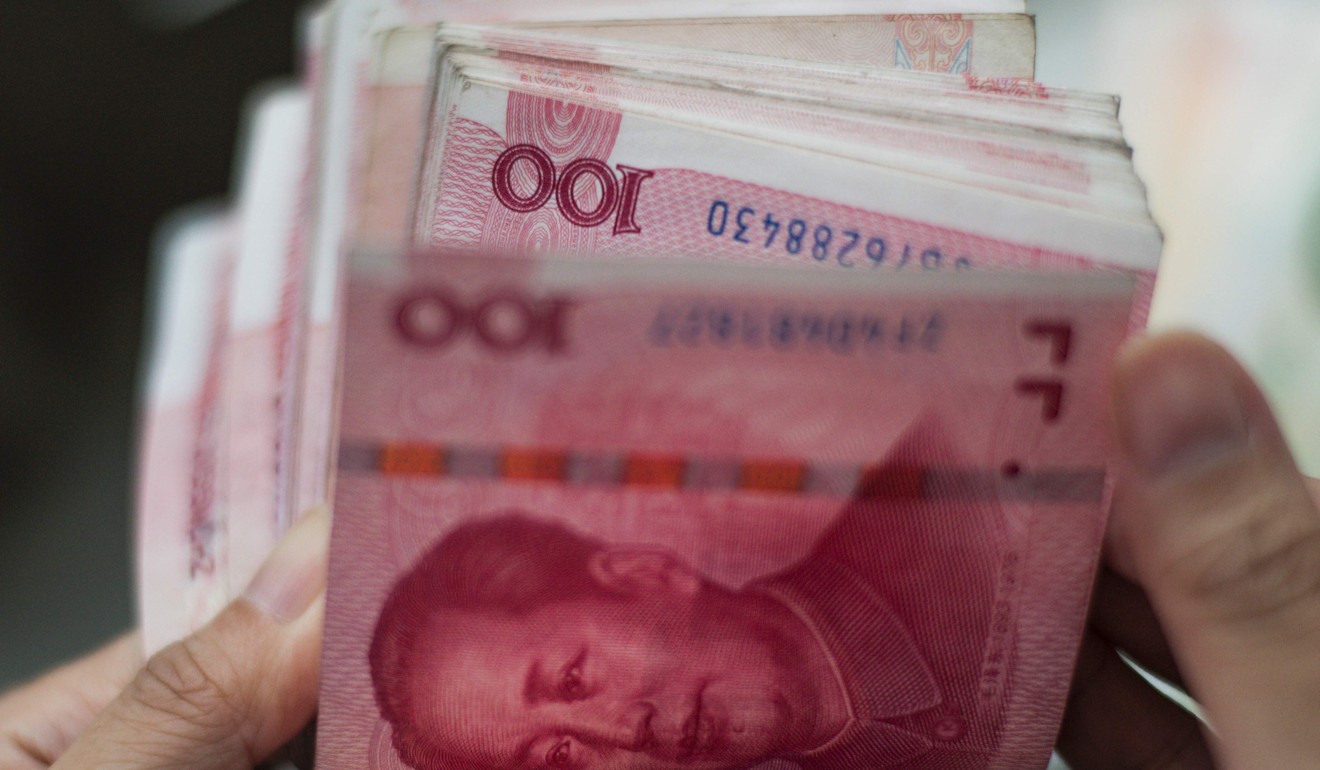
Capital inflows to rise in China, top ING economist says
ING’s Greater China economist expects the government will ensure the yuan continues to rise until inflows surpass outflows persistently
Capital outflows from China are expected to slow further after the sharp strength in the yuan has reversed investors’ depreciation expectations, according to Iris Pang, Greater China economist at ING Bank said.
The People’s Bank of China is creating fast appreciation of the yuan because it is determined to stop outflows and maintain the nation’s foreign exchange reserves above the psychologically important US$3 trillion level.
Central bank reserves rose US$24 billion to US$3.08 trillion in August, from a five-year low of US$2.998 billion in January.
The yuan appreciated 2.0 per cent in August, the biggest monthly gain since July 2005. It was trading at around 6.5599 per dollar on September 1.
“We expect no more capital outflows starting from August,” Pang said. “The yuan needs to be strong because we don’t want outflows, we want inflows.”
Pang expects the government will ensure the yuan continues to rise until inflows surpass outflows persistently, forecasting the yuan to hit 6.65 to the dollar by year end.

Last month’s guidelines on outbound investment by the State Council, China’s cabinet, appeared to suggest capital controls would remain in place this year, via so-called window guidance to restrict remittances by foreign companies in China to their parents abroad, Pang said
In China, regulators may provide window guidance by telling companies not to remit funds verbally and privately, even though there is no official public announcement.
The government has been aiming to control flows to prevent the chance of sudden, massive outflows in currency that would case, Pang said.
Using revenue from the mainland to payback offshore loans when they become due in two years time, will exert depreciation pressure on the yuan, Pang said, and in turn have a negative impact to the economy.
Chinese conglomerates borrowing offshore loans for overseas acquisitions may lead to borrowing repayments coming from their main revenue streams in future.
“This is very long-term planning on capital flow movements,” she added.
The yuan’s sharp appreciation, along with an acceleration of state-owned enterprise reforms seen in August, are setting the scene for all-the important five-yearly 19th National Congress of the Communist Party of China, which will convene in Beijing on October 18, at which future economic policy will be outlined.
It is now clear the government wants to clean up the smaller SOEs and merge the big ones into giants
Pang expects high-level statements from the Congress to show a continuation of the government’s deleveraging efforts, and reductions in industrial overcapacity.
The recent proposed merger of coal giant Shenhua Group and power major Guodian Group to create what many consider will become the world’s largest energy giant, signals the government will continue to support large SOEs gain bargaining power for overseas investments, he added.
But smaller, provincial SOEs will be cleaned up through market-oriented processes.
The successful deleveraging of the coal and steel sectors, in particular, will be set as a role model for other smaller, provincial SOEs such as cement producers.
“It is now clear the government wants to clean up the smaller SOEs and merge the big ones into giants,” Pang said.
The agreement by bondholders last week, meanwhile, to accept a 78 per cent haircut on debt – the first such SOE bond reduction in China – has also dashed hopes of investors of other defaulting debt that they might be fully repaid, Pang said.
Bondholders of state-backed steel mill Dongbei Special Steel Group agreed to take a 78 per cent reduction of the amount that will be repaid to creditors, to just 22 per cent cash, according to an official statement last week.

